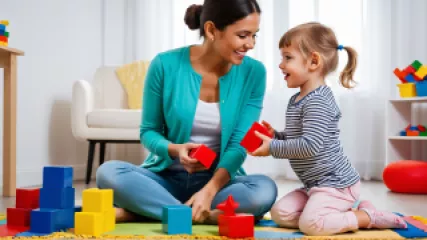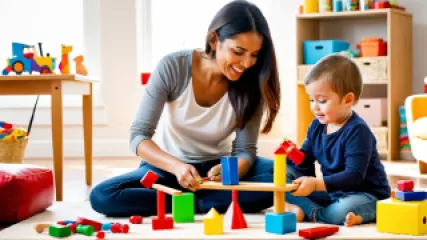How Does Space Impact Mental Health Support Online?
for 1 år siden
Rumets Psykologi
Exploring Family Dynamics Through a Classic Film
for 1 år siden
Familieterapi
How can therapy help improve social skills for social phobia?
for 1 år siden
Sociale Færdigheder
Practical Gratitude Practices for Anxiety Relief
for 1 år siden
Taknemmelighedens Psykologi
Enhancing Social Skills: A Step-by-Step Guide
for 1 år siden
Sociale Færdigheder
Declutter Your Space: A Step-by-Step Guide to Addressing Clutter-Induced Stress
for 1 år siden
Rodets Psykologi
The Benefits of Parent-Child Therapy Sessions in Play Therapy
for 1 år siden
Legeterapi
Unlocking the Power of Gratitude: An Interview with a Mindfulness Expert
for 1 år siden
Taknemmelighedens Psykologi
Exploring Social Comparison Theory: Insights from Online Counseling Sessions
for 1 år siden
Social Sammenligningsteori
How to Overcome the Fear of Failure: A Comprehensive Guide
for 1 år siden
Frygt for Fiasko
Exploring the Benefits of Play Therapy for Parenting: A Personal Journey
for 1 år siden
Legeterapi
How to Cultivate Gratitude Habits in Psychology
for 1 år siden
Taknemmelighedens Psykologi
Overcoming Depression: My Journey to Self-Healing
for 1 år siden
Selvhjælp mod Depression
Mastering Time Management: Procrastination Solutions Unveiled
for 1 år siden
Undgåelse af Prokrastination
Effective Strategies to Overcome Procrastination: Research Summary
for 1 år siden
Undgåelse af Prokrastination















